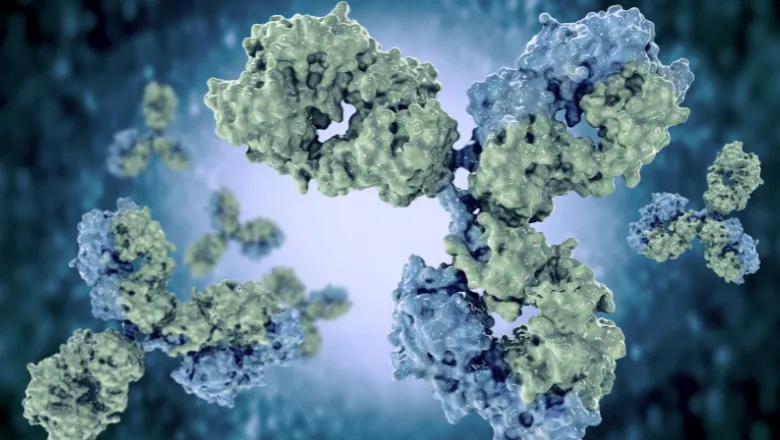I am delighted that the medicinal chemistry research that we carried out many years ago in our academic laboratories is now benefitting cancer patients through the approval of Zynlonta™. I am confident that the formation of Pheon Therapeutics, with its new world-class management and research team, along with the significant financial investment, will lead to a number of new ADCs for different cancer types in the near future.”
Professor David Thurston
20 October 2022
King's biotech spinout re-launches with new name and $68 million funding
Pheon Therapeutics, which has its origins in research carried out in the Institute of Pharmaceutical Sciences (IPS), launched on Wednesday 28 September based on a $68 million Series A financing round.

The spin-out is focused on the development of novel Antibody-Drug Conjugates (ADCs) for use in oncology, and now has a presence in both London (UK) and Boston (US). ADCs comprise an antibody targeted to an antigen on the surface of cancer cells, joined via a chemical linker to a cytotoxic small molecule known as the “payload”.
The concept is that the antibody delivers the payload specifically to cancer cells while leaving healthy cells unharmed. This avoids the significant side effects usually associated with traditional chemotherapy treatments in which the cytotoxic drugs reach healthy cells as well as cancer cells.
Pheon Therapeutics evolved from an IPS spin-out company based on the academic research of Professor David Thurston, Emeritus Professor of Drug Discovery and Professor Miraz Rahman, Professor of Medicinal Chemistry at the IPS. Professor Thurston was previously the Chief Scientific Officer (CSO) of the spin-out, and is now an advisor to Pheon Therapeutics.
The Spin-out was founded by IPS academics Professor Thurston, Professor Miraz Rahman and Dr Paul Jackson in 2015, and was originally based in the Institute’s Britannia House. During this time, their work focused on the discovery and development of novel payloads for use in ADCs.
Professor Thurston, who joined IPS as Professor of Drug Discovery in 2012, retired in 2020 but is still involved in teaching and research through his Emeritus status at King’s College London. The spin-out used his previous research that discovered the C8-linked pyrrolobenzodiazepine (PBD) dimers, a well-known class of highly cytotoxic sequence-selective DNA-interactive agents initially reaching Phase 2 clinical trials in cancer patients in the early 2010s.
In 2000 he co-founded the company Spirogen Ltd which started to make ADC payloads in collaboration with a number of well-known international pharmaceutical companies. Spirogen was then acquired by AstraZeneca in 2013. The PBD dimer technology was licenced to a Spirogen spin-out company, Antibody-Drug Conjugate Technology (ADCT) which led to the approval of loncastuximab tesirine-lpyl (ZynlontaTM) in 2021, a treatment for diffuse large B-cell lymphomas.
There is still a strong research link between Pheon Therapeutics and King’s, as Pheon is an industrial sponsor for an MRC-DTP-i-CASE studentship in Professor Rahman’s academic laboratory.
I am delighted to maintain close links with King’s College London through both the funding of PhD studentships, and the continuing relationships with Professors David Thurston and Miraz Rahman.
Bertrand Damour, the Chief Executive Officer of Pheon Therapeutics


